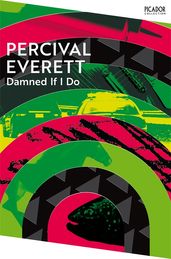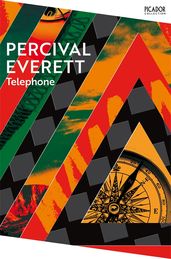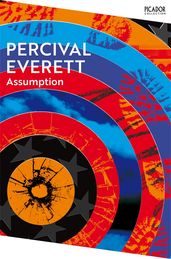Synopsis
‘Everett has mastered the movement between unspeakable terror and knock out comedy’ – The New York Times
David Larson can never go home.
His parents are dead. His sister and her hippie husband, staunchly anti-war, won't even have the newly returned Vietnam veteran in the house. So Larson takes his chances on the road, travelling west from Georgia until he breaks down in the nowhere town of Slut’s Hole, Wyoming.
There he finds lodging with Chloë Sixbury, a one-legged sexagenarian widow, and her disabled son. Their ersatz family is complete when Larson takes in Butch, a Vietnamese girl abandoned at the highway rest stop where he works, but at the edge of this tableau lingers the unmistakable spectre of violence.
Blending the grotesquerie of the Southern Gothic with the Western's codes of frontier justice, in Walk Me to the Distance Percival Everett renders a vivid and haunting landscape of the American badlands, where cruelty is the lingua franca.
Part of the Picador Collection, a series celebrating fifty years of Picador books and showcasing the best of modern literature.
Listen to Percival's Booker Prize-shortlisted novel James on Audible now.
Details
Reviews
Everett's story has violence and pathos, but it is really his terse writing that makes the novel potent. The silences between his taciturn Western characters, like the time bending in good jazz, are loaded with meaning. His characters, alternately pitiful and admirable, are both convincing and memorable . . . This novel is like a winter in Slut's Hole: unsettling, harsh, and ultimately unforgettable
Everett manages to tell a great deal about one man's moral dilemma and cluttered path to repatriation. The note of hope on which this moving story ends, though tentative, is fully deserved
American literature’s philosopher king – and its sharpest satirist
Everett has mastered the movement between unspeakable terror and knockout comedy












